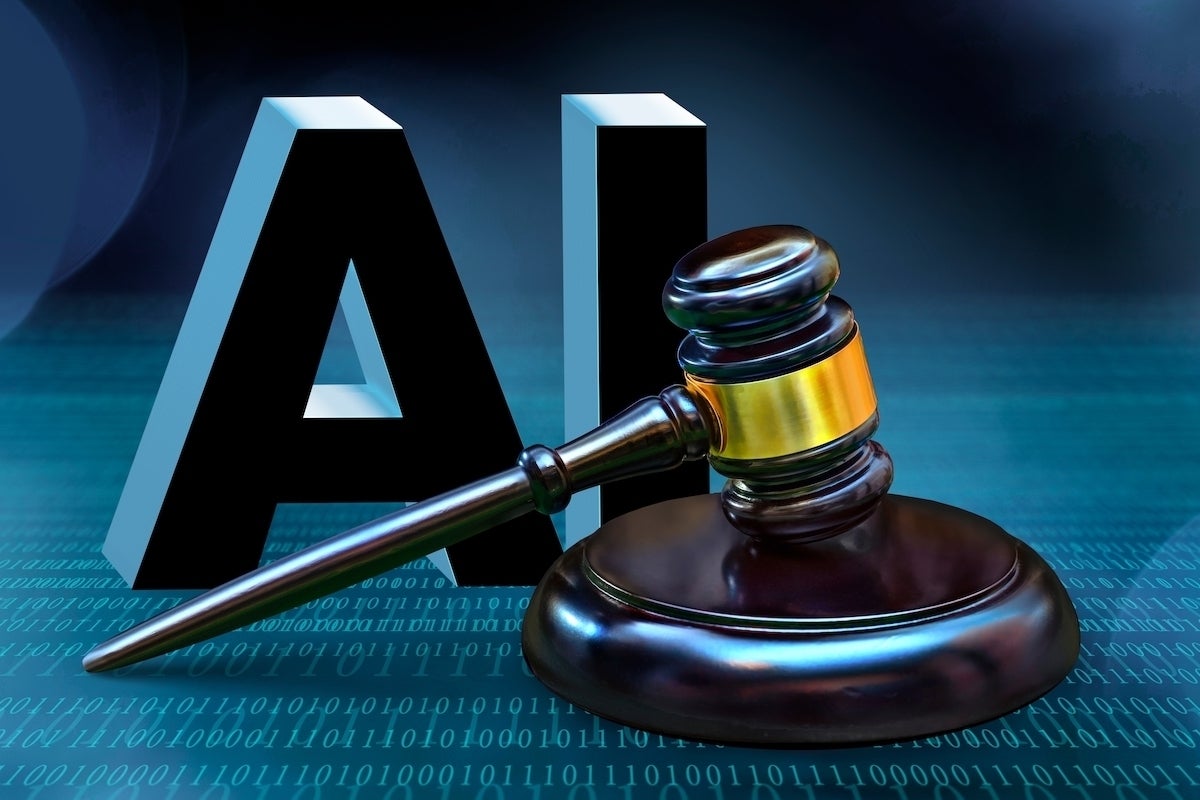US copyright law has yet to catch up to the numerous challenges posed by the wildfire adoption of generative AI, and the first real movement on major legal questions is likely to come from upcoming trials.
One of those key questions is the copyright status of works generated by artificial intelligence — for example, whether a Midjourney image that the system generated in response to a user prompt is protected by copyright, and, if so, who owns that copyright.
No one owns copyrights on AI-generated work
The answer, for the moment, is that nobody owns the copyright on AI-generated works, because nobody can. The US Copyright Office has taken the position that human authorship is required for copyright to exist on a work, and that no such authorship exists in the case of AI-created writing or images — neither the creator of the AI nor the provider of the prompt used to generate a particular work “owns” that output.
That’s unlikely to change due to legislation or administrative action in the near future, according to Ron Lazebnik, clinical associate professor at Fordham University School of Law. Litigation, however, could challenge that standard, he noted.
“Either someone tries to register something with the copyright office, who says no, and then they sue challenging that denial, or alternatively, someone who may have used an AI but never let the copyright office know that, they become the plaintiff,” Lazebnik said. “Beyond that, it’s not clear on how we would be able to get a court to say whether or not an AI generated work is attributed to the person who prompted the AI.”
It’s within the Copyright Office’s purview to change that rule, according to Philippa Loengard, executive director of the Kernochan Center for Law, Media and the Arts at Columbia Law School — but she warned that such action remains unlikely.
“My guess is that AI regulation won’t start with copyright,” she said. “I think, and I could be wrong, that there are so many issues being discussed in the realm of AI that I’m not sure that changing the requirements of human authorship is going to be of paramount importance.”
The larger issue for AI in terms of copyright law is likely to be the concept of fair use, particularly as it applies to the training data used to create the large language models (LLMs) underpinning generative AI.
Fair use, in brief, is a defense to copyright claims written into federal law. The four factors that courts have to consider when deciding whether a particular use of copyright material without permission is “fair use,” are the character and purpose of the use (educational or other not-for-profit use is much more likely to be deemed fair than commercial use), the nature of the original work, the amount of the original work used, and the market effect on the original work.
Copyright a stumbling block for AI model training
Given those factors, it’s perhaps unsurprising that the lawsuits against…
2023-09-22 20:48:03
Article from www.computerworld.com rnrn
